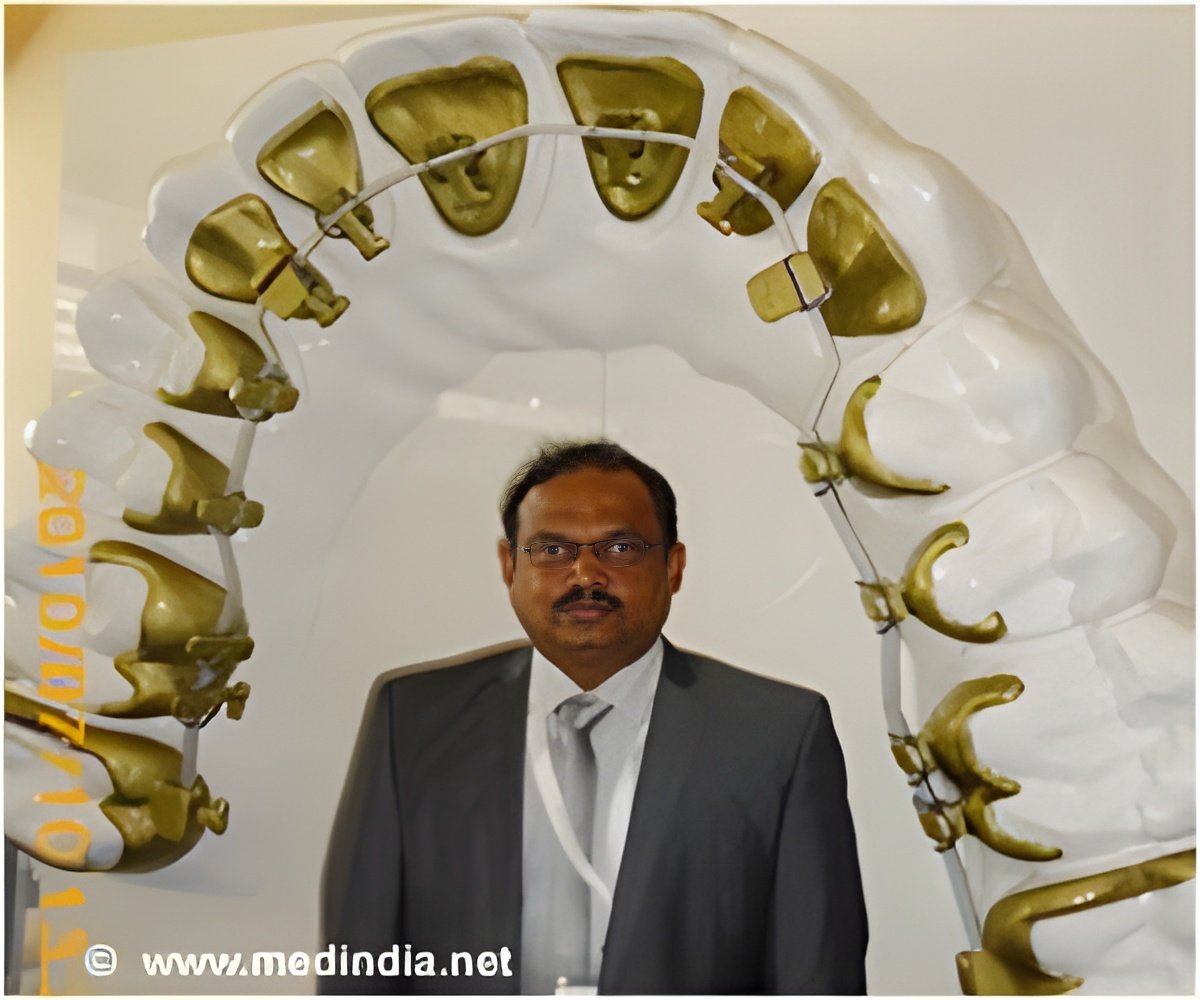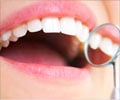Hidden braces or lingual braces benefit people who wish to discretely correct their teeth, while Dr. R.V. Murali, MDS Lingual Orthodontist and Implantologist discusses beyond their aesthetic use.

A. ‘Ortho’ means ‘to correct’, ‘dontics’ implies to do with ‘teeth’, hence ‘orthodontic’ means ‘correcting the teeth’. ‘Lingual’ marks the tongue side. Usually the braces have been fit on the outside what is called the `labial side` or the lips’ side. Lingual orthodontic braces are worn on the inside or the tongue side of the mouth invisible to onlookers. A mould is made to get an impression of inside of the mouth because the braces have to be stuck on the back of teeth, a part difficult to see. The braces are then transferred to the teeth to their precise positioning where they are stuck with special glue and the mould is removed.
Q. Why should one opt for lingual braces?
A. It is purely for social reasons. Similar to wearing contact lenses that masks visual impairment, people can go for lingual braces. Those in their formative years or professionals requiring socialising find lingual braces serving an aesthetic purpose. It also helps people who did not have access to orthodontics and could not have their teeth corrected while growing up. Now that they are financially confident but do not wish to reveal wearing braces choose lingual braces.
Q. Is it possible to correct teeth in an adult patient?
A. It is a myth that teeth cannot be corrected in an adult. The shape and size of a tooth is fairly constant after it erupts in the oral cavity. As long as the bone supporting the tooth and the periodontal ligament is healthy, teeth can be moved at any age.
A. Extraction is not required in all cases. However the orthodontist decides about the space requirement.
A. Initially yes, it’s like talking with peppermint in the mouth. However, it is only transient and then the tongue gets adapted to it in a week’s time.
Q. What age is ideal and who is advised against these braces?
A. People of all ages can choose orthodontic braces. The youngest can be about 12 to 13 years up to someone in his or her sixties with healthy teeth or healthy bone. It is not recommended for people with TM joint problems and those with severe, uncontrolled gum disease or advanced periodontitis.
Q. How does a person clean the braces? Can the person do it himself or would he need assistance?
A. The interdental brushes, smaller in size, are used for cleaning braces. The doctor will demonstrate how to clean and provide a manual to show how to brush. Apart from that, once in every two months, the orthodontist will clean the teeth.
Lingual braces are recommended because many have irregular teeth. If a tooth is growing out of alignment, it does not get cleaned with regular brushing, leading to calculus, gum infection, foul smell, bleeding and shaky tooth resulting in loss of tooth. Hence, more importantly than cosmetic purpose, it is a periodontal health concern where cleaning benefits all teeth only if one has regular teeth. In the opinion of Dr. R.V. Murali, orthodontic treatment is a must for dental health in the long run. Lingual Orthodontics placement is a painless and safe procedure with hardly any side effects. The procedure takes anywhere between 30 to 45 minutes for each arch and the entire treatment time is only for 1 ½ years to 2 years. Understandably, the cost of the procedure is definitely more expensive than that for labial braces.
Source-Medindia










